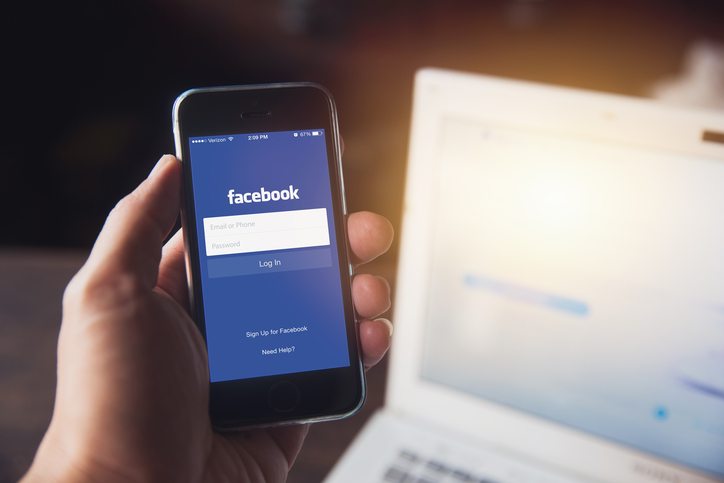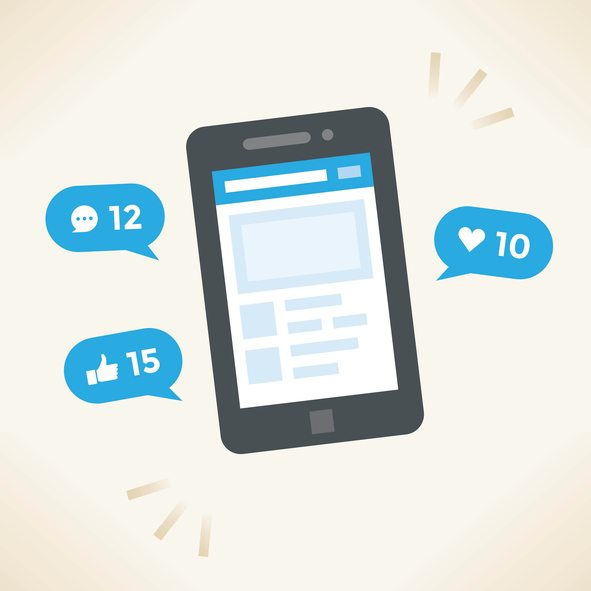
Mark Zuckerberg shook up the social media world once again with his January announcement that Facebook would shift its focus from “relevant content” to “meaningful social interactions.”
For many casual Facebook users, this was a relief. From the prospective of the average person on Facebook, the platform has become more and more about brand-vertising with each passing year.
In fact, many have been around long enough to still look back at Facebook’s decision to shift from a college-only userbase to the general public as the beginning of the end – back in 2006.
At the exact same time, however, pages and content creators have felt left in the lurch by low organic reach figures. The announcement that Facebook would surface even less publisher content has sent many brands into panic mode.
It short, it seems many folks – brands and users alike – are not getting what they really want from Facebook. The new move has gotten kudos from average users, but will it really be a crisis for publishers who want to connect with their audience?
Take a Deep Breath: Facebook’s Recent Changes May Not Matter Much for Social Media Marketing
There are many reasons the latest tremor to rock Facebook may not be as serious for social media marketing as it looks. Plus, there are still ways for brands to reach out on Facebook and successfully create rapport – even as Facebook reminds us that’s not really what most users log in for.
Let’s review some of the most important facts:
Organic Reach Won’t Change Much – That Ship Has Already Sailed
Companies’ organic reach on Facebook has been in massive decline for years. The company’s IPO was the final death knell of “free” traffic on Facebook: Organic reach dropped from 16% in 2012 to about 6.5% in 2014. For most pages, further declines will be marginal at best.

For Facebook Content, Engagement Matters Most
“Likes” aren’t the only currency of Facebook marketing success. Now, more than ever, it’s vital to drive comments, shares, and discussions by creating a tribe of people who seek out your page content. That also means leveraging the high-engagement tools Facebook pushes hardest, like live streaming, into your social media marketing strategy.
Facebook Wants You on its Paid Platform
It’s time to bite the bullet: Like Google, Facebook makes the most money when businesses use paid traffic. Even as organic reach is shutting down, new opportunities to drive traffic and win conversions are making Facebook advertising more attractive.
In the long run, people may end up spending even more time on Facebook – because it will be that much easier to connect with those closest to them. At the same time, brands can move their social media marketing from a high-volume of low-value content to targeted, compelling content that really counts.
